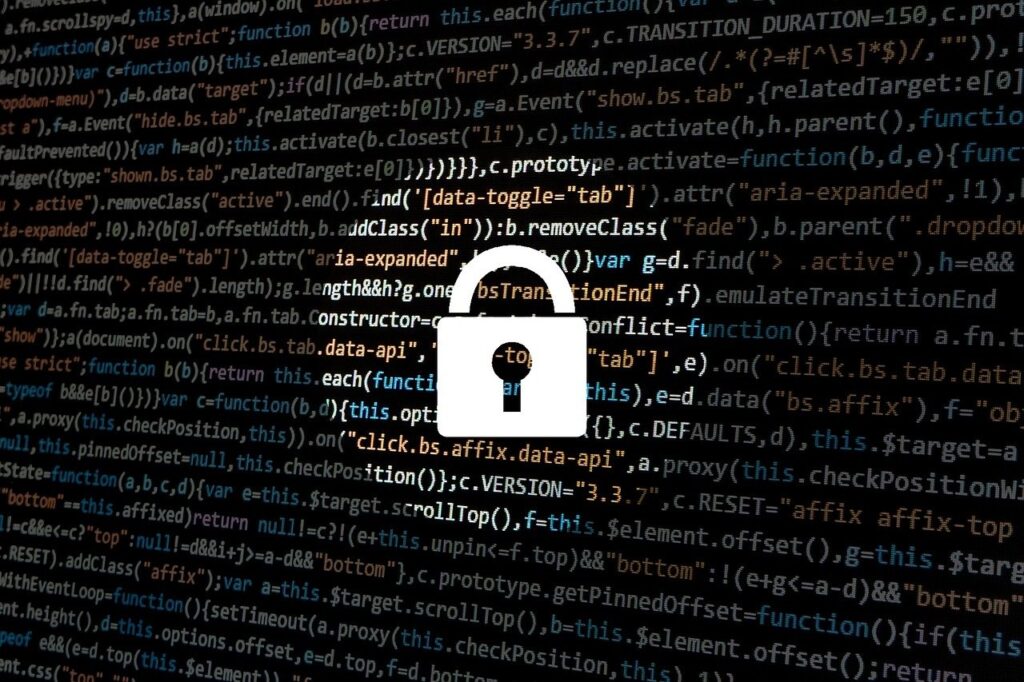Since we are living in times when internet privacy is under fire from all directions, VPN services have become somewhat of a hot topic. In the effort to gather more personalized data for commercial purposes, companies have become overly intrusive. At this point, it seems almost impossible to manage the situation.
But that’s where VPN comes in. A Virtual Private Network helps you protect your online activity and privacy. It hides your actual IP address, creating a more secure and encrypted tunnel for accessing the internet. For that reason, no snoops or third parties can track your online activity back to you.
What’s more, VPN gives you a new level of internet freedom, allowing you to freely access content from across the globe. That’s because VPN bypasses censorship and unblocks geo-restricted services. And that’s just the tip of the iceberg! We’ll discuss more intricate details about VPNs in this article, including how it works and benefits the users.
What is a VPN?
Essentially, a VPN is an encrypted internet connection that establishes a private and secure connection between your device and the internet. The encrypted network assigns you a new anonymous IP address, making transmitting sensitive data safer.
In that, the VPN keeps unauthorized people from eavesdropping on the traffic coming from your device and makes your online activity untraceable. Also, it allows users in corporate environments to work securely from remote locations.
How Does a VPN Work?
A Virtual Private Network masks your IP address by routing it through a remote server specially configured by the VPN host. That means when you use a VPN to surf the web, the VPN server is usually your data source. Therefore, your internet service provider and third parties cannot see your internet activity.
No one can see the websites you visit or the kind of data you send and receive online. We’d say a VPN is more like a filter that makes all your data incoherent. Even if someone were to obtain your data, it would be useless. I know this might seem insignificant to most people, but the kind of location spoofing VPN provides overcomes significant geo-location barriers.
For instance, the Chinese government heavily censors the internet in China; hence many things we think are part of our daily lives are blocked. If it were not for VPN services, China-based users wouldn’t be able to access Google and Facebook.
VPN Benefits: Why Use a VPN Service?

There’s a wide range of advantages to using a VPN service. Most of these benefits are geared toward your online privacy and security. However, others can help you pull off some cool tricks, like unlocking the entire international catalog of a geo-blocked streaming service like Hulu and Netflix.
Some significant benefits of a VPN include the following;
- 1. Online Anonymity
Without a VPN, your IP address makes it easy for anyone to trace your identity and location. Since your IP address is unique to your internet connection, people can easily connect your online activity to you.
A VPN can help you mask your IP address and your actual location. That means your online activities can only be traced back to the VPN server and not your exact IP address. That way, governments, marketers, and cybercriminals won’t be able to identify you by your IP address or track your online activity.
2. Secure Browsing on Unfamiliar Networks
Using unfamiliar networks at the coffee shop, airport or hotel can be risky. If there’s a cybercriminal or hacker on the same network, they can easily tap into your personal information and online activity.
And since we don’t want other people to have our credit card information, email logins, and files, it’s wise to use a VPN. The VPN encrypts your data on public Wi-Fi, so anyone who’s snooping won’t be able to see your personal information.
3. Protection Against Governments and Hackers
Today, there are many parties interested in your internet traffic. Among them are hackers and the government. But with a VPN, your data traffic is scrambled through solid encryption protocols. The security VPN offers make it impossible to intercept and read your data.
4. Bypass Censorship and Restrictions
In countries like Iran, Russia, China, and Turkey, the internet is heavily censored by the government. If you live in such countries, you might not be able to access certain websites and internet services. That includes Instagram, Spotify, Google, WhatsApp, and Facebook.
Also, the government tends to block news websites as they are seen as a threat to the sitting government. You need a VPN service to bypass this kind of censorship and restrictions. It allows you to connect to a server in a different country and access websites and services as if you were in another country.
5. Evade Tracking by Your ISP
If you don’t have a VPN, your internet service provider can track all your online activity. They will look at the websites you visit, how long you use them and at what times. They can then use this information to intentionally limit your bandwidth.
People don’t understand the kind of leverage your ISP has over your data. Some ISPs store your online history for a year, including everything you read, click, watch and view. Sometimes, they can see this data to advertising networks and subscription services without your consent.
A VPN can protect you from that kind of privacy invasion by encrypting your device’s internet connection. That way, your internet service provider won’t be able to monitor your online activity or store data from your browsing history.
What are VPN Protocols?
A VPN protocol is a set of rules that create the connection between your device and the VPN’s servers. All VPN services employ VPN protocols to ensure users receive the quickest, safest internet connection possible.
It combines encryption and transmission standards to decide how a user’s data is transferred between their device and the VPN server. If you’d like to change your VPN protocol, you can do so in the VPN’s app settings. Some standard VPN Protocols include;
- PPTP (Point-to-Point Tunneling Protocol)
- L2TP (Layer 2 Tunneling Protocol)
- OpenVPN
- IKEv2 (Internet Key Exchange version 2)
Frequently Asked Questions
Q: Why is online privacy important?
A: If you go online without privacy protections, you risk exposing your data to the government, advertisers, your ISP, and hackers. Therefore, you could quickly become a victim of identity theft, among other cybercrimes.
Q: Are VPNs legal?
A: While VPNs are legal in most countries, it doesn’t cut across all. Some countries restrict the use of VPNs altogether. Also, if you use a VPN for criminal purposes, you will get into legal trouble no matter where you are.
Q: Can my online activity still be tracked when using a VPN?
A: VPNs create a well-secured encrypted network that prevents anyone from monitoring your online activity based on your IP. Unfortunately, the VPN can’t block cookies and browser fingerprinting. That means your online activity can be traced despite using a VPN if you sign up to websites.
Q: Are VPNs safe?
A: If you choose a secure and trusted VPN provider, you can rest assured you’re in safe hands. Secure VPNs don’t keep logs of users’ data or browsing history and are transparent about their privacy policies. All the same, many VPN services have been accused of shady privacy practices. That’s why you’re advised to do your homework before choosing a VPN service provider.

